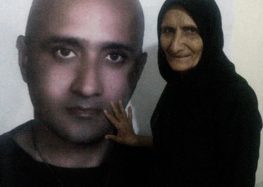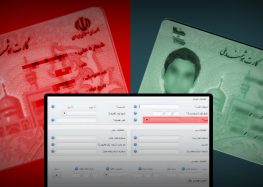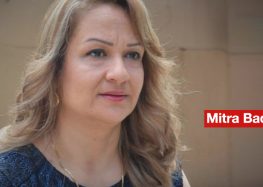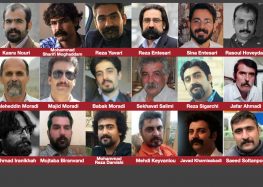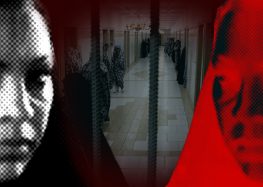Official Makes Rare Admission of Baha’is’ Equal Rights in Domestic Media
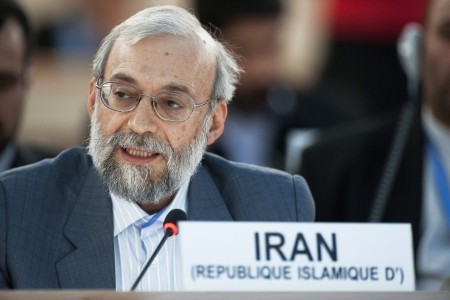
Due to intense international attention to the situation of human rights in Iran, Javad Larijani made a rare statement to the domestic media, acknowledging Baha’is are entitled to equal rights under the constitution.
In a rare statement to the Iranian media on April 6, 2014, Javad Larijani, Head of the Iranian Judiciary’s Human Rights Council, admitted Baha’is in Iran are entitled to full and equal constitutional rights.
Iranian officials, most notably Javad Larijani, have often made similar statements to foreign audiences, claiming that the persecution and prosecution of Baha’is is not due to their faith. However, inside the country, they typically refer to the Baha’is in degrading and inflammatory terms, calling them a cult and accusing them of being agents of foreign powers. They infer that Baha’is should not enjoy equal constitutional protections.
The acknowledgment to their domestic audience that Baha’is are entitled to equal rights is evidence of a new level of domestic accountability, and a clear indication that Iranian hardliners, particularly in the Judiciary, have come under increased pressure to justify their rights violations due to the recent international focus on the human rights situation in Iran.
In an interview with the Iranian Labor News Agency (ILNA), Larijani said: “The authorities never target Baha’is just because they are followers of this faith, because according to the Constitution, all Iranian citizens are entitled to certain rights and cannot be deprived of rights stipulated in the constitution.”
Since the 1979 Revolution, the Baha’is have been one of the most egregiously persecuted minorities in Iran. The debate surrounding the citizenship rights of Baha’is reached a critical stage in December 2009 when the dissident cleric Grand Ayatollah Montazeri issued an unprecedented fatwa acknowledging the full citizenship rights of Baha’is living in Iran, on par with all other citizens. Up to that point, no major Shi’a cleric had recognized the equal rights of Baha’is as Iranian citizens.
Although Larijani acknowledged the constitutional rights of Baha’is, he continued to falsely claim that no Baha’is are prosecuted and imprisoned due to their faith, and that Baha’i students are not barred from access to higher education.
Yet Larijani’s claims are in direct contradiction to the well-documented situation of Baha’is in Iran. “At least 734 Baha’is have reportedly been arrested since 2004 and 136 are currently detained; another 289 have been arrested, released on bail, and are awaiting trial; while another 150 have been sentenced, but are awaiting appeals or summons to serve,” the UN expert, Ahmed Shaheed, reported March 2014 to the Human Rights Council in Geneva.
In addition, seven Baha’i leaders prosecuted in 2008 and sentenced to twenty years in prison remain behind bars and Baha’i students are routinely denied access to higher education, as documented in the Campaign report, “Punishing Stars: Systematic Discrimination and Exclusion in Iranian Higher Education.”
The Campaign welcomes this step forward in domestic accountability in Iran, and urges the international community to maintain its productive focus on the situation of human rights in Iran in general, and on the situation of Baha’is in particular. Over the past few weeks, the UN Secretary General and the UN Special Rapporteur on Iran have issued their latest reports, the UN Human Rights Council has debated the situation, and the EU Parliament has adopted a resolution urging Iran-EU relations to address human rights concerns.

